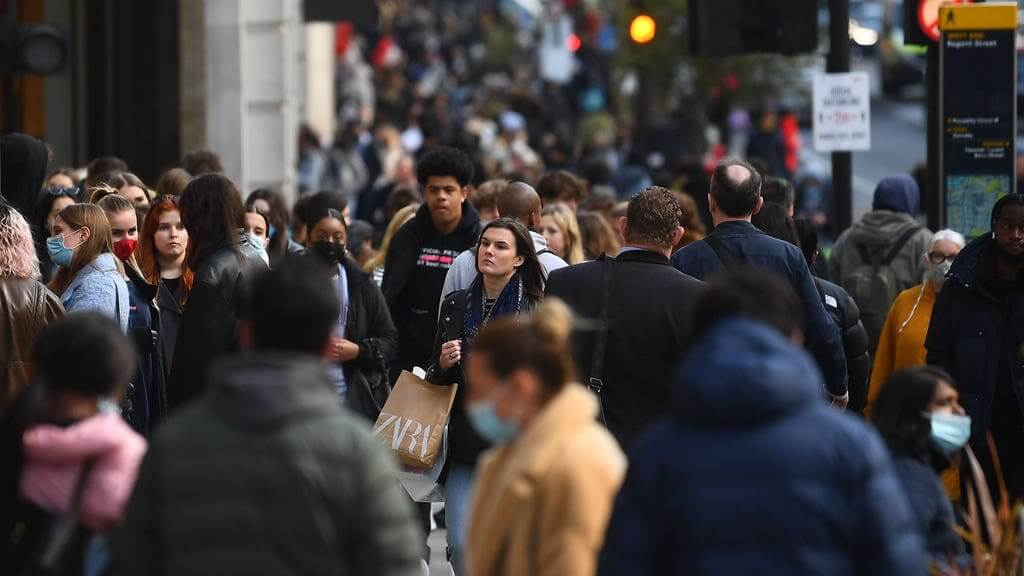Government support has postponed rather than prevented the true picture being shown in insolvency levels to date, insolvency body R3 said.
Economic Damage From Coronavirus ‘Starting To Appear In Insolvency Figures’
Government support has postponed rather than prevented the true picture being shown in insolvency levels to date, insolvency body R3 said.

The economic damage caused by the coronavirus pandemic is starting to be reflected in the levels of people and businesses going financially insolvent, according to industry experts.
Government support, which has included payment holidays on loans and furloughing, has postponed rather than prevented the true picture being shown, insolvency and restructuring trade body R3 said.
Personal insolvencies in England and Wales are made up of bankruptcies, debt relief orders (DROS) and individual voluntary arrangements (IVAs), which are agreements whereby money is shared out between creditors.
According to the Insolvency Service, there were 1,028 bankruptcies, 1,591 DROs and 8,322 IVAs recorded in March.
This made a total of 10,941 personal insolvencies, marking a 60% increase compared with 6,828 in February.
The total was also 40% higher than the 7,815 personal insolvencies in March 2020.
The Insolvency Service said caution needs to be shown when interpreting its latest figures; for example, the coronavirus pandemic may have affected the timeliness of insolvency registrations.
It added that 992 company insolvencies were registered across England and Wales in March, which was 20% lower than in March 2020, but up from 685 the previous month.
Christina Fitzgerald, vice president of R3, said: “The economic damage caused by the pandemic is starting to be reflected in levels of insolvency, but Government support has postponed rather than prevented the true picture being shown in insolvency levels to date.
“Twelve months ago, the economy was struck by the pandemic – and it has yet to fully recover.
“The monthly rise in corporate insolvencies comes after 11 months of relatively low levels of company insolvency procedures, as the Government’s support has provided many businesses with a vital lifeline and removed many of the traditional prompts and triggers for seeking financial advice.
“As lockdown restrictions continue to unwind, there are reasons to be optimistic.
“Many businesses have adapted and reinvented themselves during the pandemic and may be in a better position for the coming months as a result.
“We may also see consumer spending increase, but companies need to be aware of the risks of over-trading if they don’t have the cash flow needed to cover the full costs of reopening and restocking. They need to plan for a sustainable reopening of their businesses.”
She added: “The demand for workers in sectors gearing up for a return to pre-pandemic levels of work will offset some of the jobs lost in the companies worst-hit by Covid, but it will take some time for unemployed people’s economic and mental wellbeing to recover.”
Thanks for signing up to Minutehack alerts.
Brilliant editorials heading your way soon.
Okay, Thanks!

